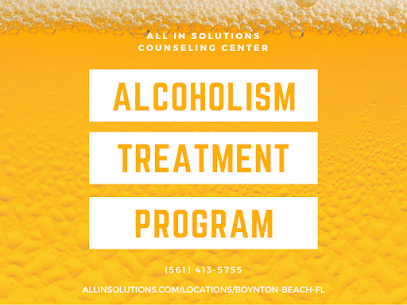
Cognitive Behavioral Therapy
Behavioral therapy: Many people who are addicted to alcohol may find it helpful to participate in a 12-step program. These groups are highly effective for addressing many issues related to alcohol abuse, including the effects on school, work, and relationships. For those who don't want to live in a facility, outpatient treatment programs are an excellent option. But, if you need more intensive care and are willing to put in the time and effort, residential treatment programs may be the best choice.
